About Sabar Bonda (Cactus Pears)
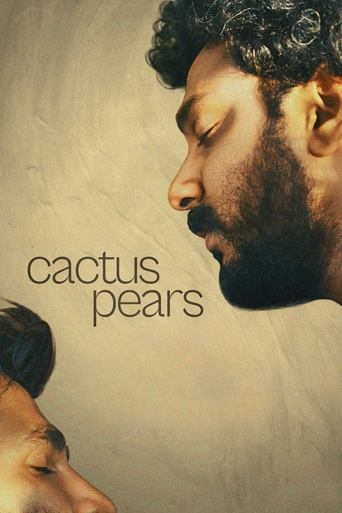
| Title: | Cactus Pears |
|---|---|
| Original Title: | साबर बोंडं |
| Plot: | A thirty-year-old city-dweller compelled to spend ten-day mourning of his father in the rugged countryside of Western India tenderly bonds with a local farmer struggling to stay unmarried. As the mourning ends, forcing his return, he must decide the fate of his relationship born under duress. |
| Cast: | Bhushaan Manoj, Suraaj Suman, Jayshri Jagtap, Dhananjay Jambar, Sandhya Pawase, Hemant Kadam |
| Director: | Rohan Kanawade |
| Cinematography: | Vikas Urs |
| Editor: | Anadi Athaley |
Sabar Bonda
(Cactus Pears)
Uday Bhatia
Mint Lounge
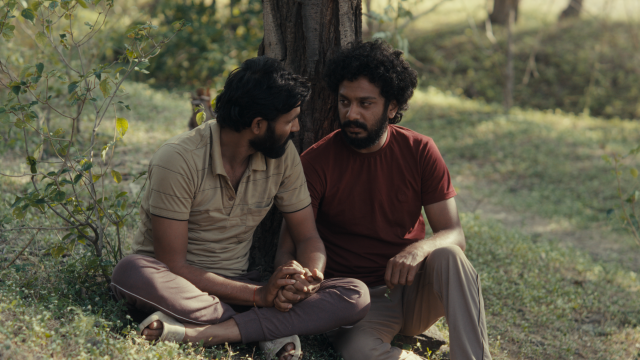
Speak softly and defy expectations
Rohan Kanawade’s Sundance winner ‘Sabar Bonda’ is a tender and quietly revolutionary love story
It speaks to the relaxed control of Sabar Bonda how animals freely roam the frame and steal our attention. An optimistic goat breaks away from the herd and approaches two humans eating their lunch; it’s shooed away unceremoniously. A cat draws our gaze as it walks across the screen before it’s spooked by yelling and runs off. As Anand (Bhushaan Manoj) talks to his friend Balya (Suraaj Suman), he glances at a nearby buffalo that’s lifted its tail and done its business. Rohan Parashuram Kanawade’s Marathi film, which won the World Cinema Grand Jury Prize at the Sundance Film Festival this month, is set in a village in Maharashtra. It’s close enough to Mumbai that Anand can take a bus there to perform his father’s last rites in his ancestral village. But it’s also a world removed, a place, in the local imagination at least, of opportunity and permissiveness, herbal shampoos and special friends.
Sabar Bonda
(Cactus Pears)
Tatsam Mukherjee
The Wire
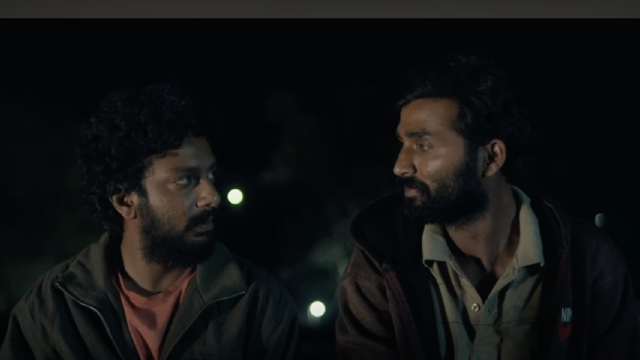
A Sensitive Look at Queer Desire in the Indian Village
The first ever Marathi film at the Sundance Film Festival is an exercise in restraint and economy.
Anand (Bhushaan Manoj) has just lost his father, but according to his relatives, it’s not the most pressing absence in his life. Anand is a 30-year-old unmarried man, something which is utterly incomprehensible to the folks in his village in Maharashtra. So even as he gets ready to perform the last rites of his dead father, his relatives don’t forget to remind him about the ‘stigma’ of his marital status. An aunt even wonders out loud, if an unmarried man is fit to light the pyre of his own father. Anand and his mother have to wade through a sea of inquisitions about why he hasn’t settled down – only to come up with stories like – “A girl he was in love with, married someone else. So Anand is heartbroken, and doesn’t wish to get married now.”
Sabar Bonda
(Cactus Pears)
Shubhra Gupta
The Indian Express
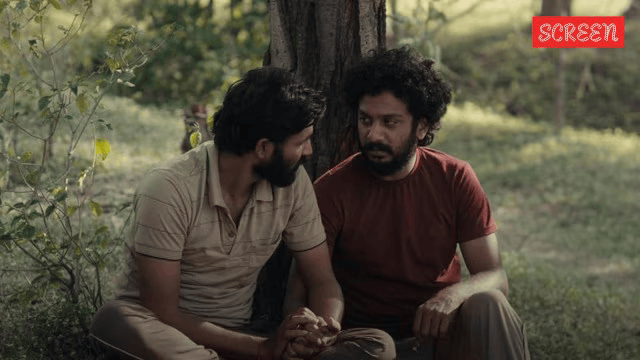
A tender, affecting film told with warmth, sensitivity
Self-taught filmmaker Rohan Parashuram Kanawade’s debut feature, and the first Marathi film chosen to screen at the Sundance Film Festival, is warm and piercing.
‘Sabar Bonda’ is the story of two young men, finding their way back to each other. It is also a story of grief and acceptance, told with warmth and piercing sensitivity. Anand (Bhushaan Manoj) accompanies his mother to their ancestral Maharashtrian village from Mumbai, for the ten-day mourning period after the death of his father. He is back after a sizable gap, but the reason for his staying away starts up again: ‘potential brides from good homes’ are back on the table, and Anand finds himself struggling, like he did before, for a way to tell his relatives that he’s gay. ‘Sabar Bonda’ has a couple of firsts to its credit. It is self-taught filmmaker Rohan Parashuram Kanawade’s debut feature, and the first Marathi film chosen to screen at the Sundance Film Festival, whose 41st edition is currently underway.
Sabar Bonda
(Cactus Pears)
Sucharita Tyagi
(for Mashable)
Independent Film Critic
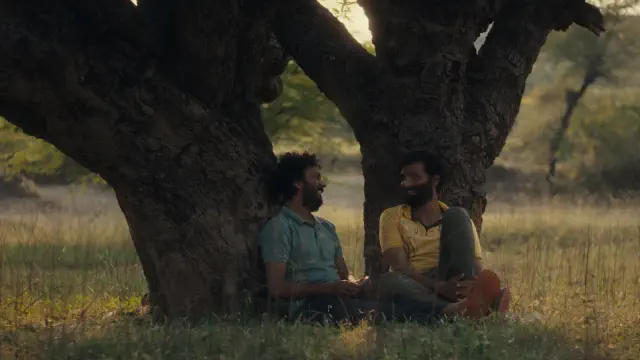
An assured debut feature that subverts queer tropes
Class stereotypes and compassion collide in this moving drama from India.
Cactus Pears (Sabar Bonda), Rohan Parashuram Kanawade’s semi-autobiographical debut feature about a queer romance experienced amid mourning is the only movie from India competing at the Sundance Film Festival. The story of love and grief in a rural setting came to Kanawade while coping with his own father’s death, as he wondered how different processing the loss might have felt if he had a companion with whom to escape. Regardless of the competition’s outcome in the World Cinema Dramatic category, this movie is already historic as the first Marathi-language film to premiere at the festival. Using the word “disruptive” doesn’t feel quite accurate for Cactus Pears, yet there is something tenderly disruptive in this compelling drama, an undeniable rebellion running through its DNA. Open and uninhibited expressions of love are not encouraged in most Indian households, especially when either the receiver or giver is a man. It may be a bit of a generalization, but most Indian patriarchs raise the male members of their families to become disciplinarians and household bosses. Hints of soft and tender emotions only get in the way.
